43 describe relevant labels related to intelligence testing
Testing and Intelligence - Annenberg Learner Cognitive Tests: Tests that measure an individual's learning in a specific subject area and quantify aspects of one's mental abilities. Intelligence Quotient (IQ): Index derived from standardized tests of intelligence. Originally obtained by dividing an individual's mental age by his or her chronological age and then multiplying by 100; now directly computed as an IQ test score. Types of Intelligence Testing for Children - Verywell Family The Wechsler Intelligence Scale for Children (WISC) and the Stanford Binet-Intelligence Scale, formerly known as the Binet-Simon Test, are examples of individualized intelligence tests. The WISC test includes language-, symbol-, and performance-based questions, while the Stanford-Binet test helps to diagnose students with cognitive disabilities ...
Unit 5: Cognition - MrGalusha.org O. Identify the contributions of key researchers in intelligence research and testing. 5.10 Psychometric Principles and Intelligence Testing Concept Map for 5.10 ... R. Describe relevant labels related to intelligence testing. S. Debate the appropriate testing practices, particularly in relation to culture-fair test uses. ...
/what-is-general-intelligence-2795210_final2-5b3f90eb46e0fb005bb17b85.png)
Describe relevant labels related to intelligence testing
en.wikipedia.org › wiki › Intelligence_quotientIntelligence quotient - Wikipedia An intelligence quotient (IQ) is a total score derived from a set of standardized tests or subtests designed to assess human intelligence. The abbreviation "IQ" was coined by the psychologist William Stern for the German term Intelligenzquotient, his term for a scoring method for intelligence tests at University of Breslau he advocated in a 1912 book. Chapter 8: Testing and Individual Differences - Quizlet Application: Universities require students to take standardized intelligence tests that measure their general intelligence to determine if they are best fit and college-ready for the school that they are applying to. ... Describe the relevant labels related to intelligence testing. (gifted, cognitively disabled, etc.) 5.P Explain how psychologists design tests, including ... - Quizlet 5.P Explain how psychologists design tests, including standardization strategies and other techniques to establish reliability and validity. 5.Q Interpret the meaning of scores in terms of the normal curve. 5.R Describe relevant labels related to intellig
Describe relevant labels related to intelligence testing. Unit 8: Intelligence and Testing - MrGalusha.org ET 8-4 Intelligence Testing: Essential Task 8-4: Debate the appropriate testing practices, particularly in relation to the Stanford-Binet test, the WISC, the WAIS and culture-fair test uses. ET 8-5 Mental Retardation and Giftedness: Essential Task 8-5: Describe relevant labels related to intelligence testing (e.g., gifted, cognitively disabled ... AP Psych | Unit 11 Describe relevant labels related to intelligence testing (e g , gifted, cognitively disabled) Debate the appropriate testing practices, particularly in relation to culture-fair test uses Identify key contributors in intelligence research and testing (e g , Alfred Binet, Francis Galton, Howard Gardner, Charles Spearman, Robert Sternberg, Louis ... Defining learning disability: what place does intelligence testing have ... Intelligence testing, or some similar psychometric procedures should be available, but with two substantial ca … In summary, therefore, when we endeavour to make any statements on the presence and/or degree of learning disability in children, we need to consider carefully how we define our population. Theories of Intelligence in Psychology - Verywell Mind The first IQ test ever used, the Binet-Simon intelligence scale, was developed in 1905 by Alfred Binet and Theodore Simon.Psychologist Lewis Terman of Stanford University then adapted this test for use in the United States. Known as the Stanford-Binet IQ test, it produced scores based on a person's estimated mental age divided by their chronological age (mental age/chronological age x 100).
Intelligence: Definition, Theories & Testing - Simply Psychology The Wechsler Intelligence Scale for Children (WISC), developed by David Wechsler, is an IQ test designed to measure intelligence and cognitive ability in children between the ages of 6 and 16. It is currently in its fourth edition (WISC-V) released in 2014 by Pearson. Above Image: WISC-IV Sample Test Question. PDF Testing and Intelligence - D. Fry Science • Explain how psychologists design tests, including standardization strategies and other techniques to establish reliability and validity. • Interpret the meaning of scores in terms of the normal curve. • Describe relevant labels related to intelligence testing (e.g., gifted, cognitively disabled). › environmentEnvironment - The Telegraph Oct 22, 2022 · Find all the latest news on the environment and climate change from the Telegraph. Including daily emissions and pollution data. › journals › gastroenterologyGuide for authors - Gastroenterology - ISSN 0016-5085 - Elsevier Cite approval of institutional human research review committee or animal welfare committee; describe in detail hazardous procedures or chemicals involved, including precautions observed. For studies that are quality improvement (QI) related, authors must include a statement about IRB review in the Methods section.
Intelligence and Testing - Mr Dunn's Class Website • Describe relevant labels related to intelligence testing (e.g., gifted, cognitively disabled). ... 27 February: Today we will discuss the history of intelligence testing today, specifically noting key people in intelligence testing and their contributions. We will also discuss what type of questions are on intelligence tests and the issues ... apastyle.apa.org › products › publication-manual-7thPublication Manual of the American Psychological Association ... 5.1 Describe at the Appropriate Level of Specificity 5.2 Be Sensitive to Labels. Reducing Bias by Topic. 5.3 Age 5.4 Disability 5.5 Gender 5.6 Participation in Research 5.7 Racial and Ethnic Identity 5.8 Sexual Orientation 5.9 Socioeconomic Status 5.10 Intersectionality en.wikipedia.org › wiki › Empty_stringEmpty string - Wikipedia Formal theory. Formally, a string is a finite, ordered sequence of characters such as letters, digits or spaces. The empty string is the special case where the sequence has length zero, so there are no symbols in the string. Intelligent intelligence testing - American Psychological Association Standardized intelligence testing has been called one of psychology's greatest successes. It is certainly one of the field's most persistent and widely used inventions. Since Alfred Binet first used a standardized test to identify learning-impaired Parisian children in the early 1900s, it has become one of the primary tools for identifying ...
en.wikipedia.org › wiki › Artificial_intelligenceArtificial intelligence - Wikipedia The regulation of artificial intelligence is the development of public sector policies and laws for promoting and regulating artificial intelligence (AI); it is therefore related to the broader regulation of algorithms. The regulatory and policy landscape for AI is an emerging issue in jurisdictions globally.
Chapter 10 - AP Psychology - Google • Describe relevant labels related to intelligence testing (e.g., gifted, cognitively disabled). • Debate the appropriate testing practices, particularly in relation to culture-fair test uses. • Identify key contributors in intelligence research and testing (e.g., Alfred Binet, Francis Galton, Howard Gardner, Charles Spearman, Robert ...
Intelligence Test & Types | What is an Intelligence Test? - Video ... Verbal intelligence: One's ability to understand and apply language skills such as vocabulary and reading comprehension. Numerical intelligence: An individual's ability to calculate. Spatial ...
Intelligence Testing - an overview | ScienceDirect Topics Introduction. Intelligence testing refers to the theory and practice of measuring people's performance on various diagnostic instruments (intelligence tests) as a tool for predicting future behavior and life prospects or as a tool for identifying interventions (e.g., educational programs). The interchangeability of 'intelligence' and ...
Intelligence - PMC - PubMed Central (PMC) Intelligence is the ability to learn from experience and to adapt to, shape, and select environments. Intelligence as measured by (raw scores on) conventional standardized tests varies across the lifespan, and also across generations. Intelligence can be understood in part in terms of the biology of the brain—especially with regard to the ...
Describe culture-loading and how it relates to intelligence testing. There are two different assignments. Please upload them separately. Assignment1 Read chapters 9 and 11 Needs 2 sources Topic: A Debate on Intellectual Challenges Psychologists across disciplines use intelligence tests to make important decisions about clients, students, employees, and other stakeholders. For example, clinical psychologists use intelligence tests to identify a client's ...
testing and intelligence - d. fry science - ¢â‚¬¢ describe relevant ... TESTING AND INDIVIDUAL DIFFERENCES AP Psychology CHAPTER LEARNING TARGETS: AP students in psychology should be able to do the following: • Define intelligence and…
› teachers › teaching-toolsArticles - Scholastic Article. How to Create a Culture of Kindness in Your Classroom Using The Dot and Ish. Use these classic books and fun activities to encourage your students to lift one another up — and to let their natural creativity run wild!
5.P Explain how psychologists design tests, including ... - Quizlet 5.P Explain how psychologists design tests, including standardization strategies and other techniques to establish reliability and validity. 5.Q Interpret the meaning of scores in terms of the normal curve. 5.R Describe relevant labels related to intellig
Chapter 8: Testing and Individual Differences - Quizlet Application: Universities require students to take standardized intelligence tests that measure their general intelligence to determine if they are best fit and college-ready for the school that they are applying to. ... Describe the relevant labels related to intelligence testing. (gifted, cognitively disabled, etc.)
en.wikipedia.org › wiki › Intelligence_quotientIntelligence quotient - Wikipedia An intelligence quotient (IQ) is a total score derived from a set of standardized tests or subtests designed to assess human intelligence. The abbreviation "IQ" was coined by the psychologist William Stern for the German term Intelligenzquotient, his term for a scoring method for intelligence tests at University of Breslau he advocated in a 1912 book.

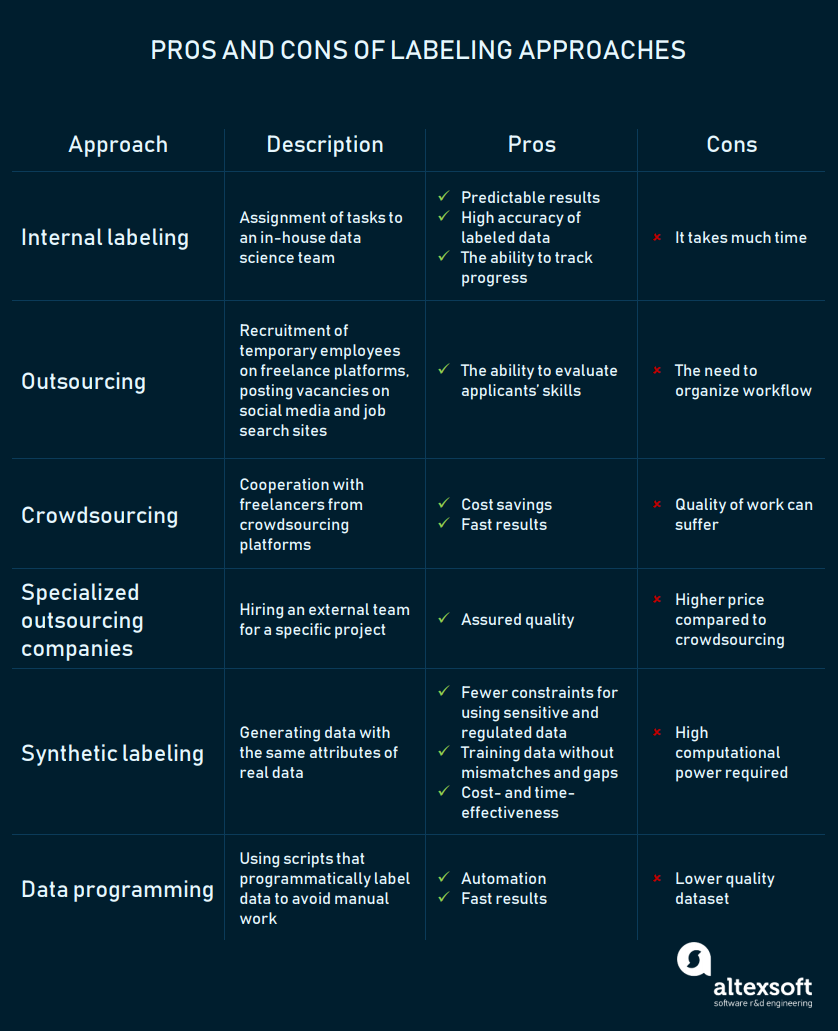
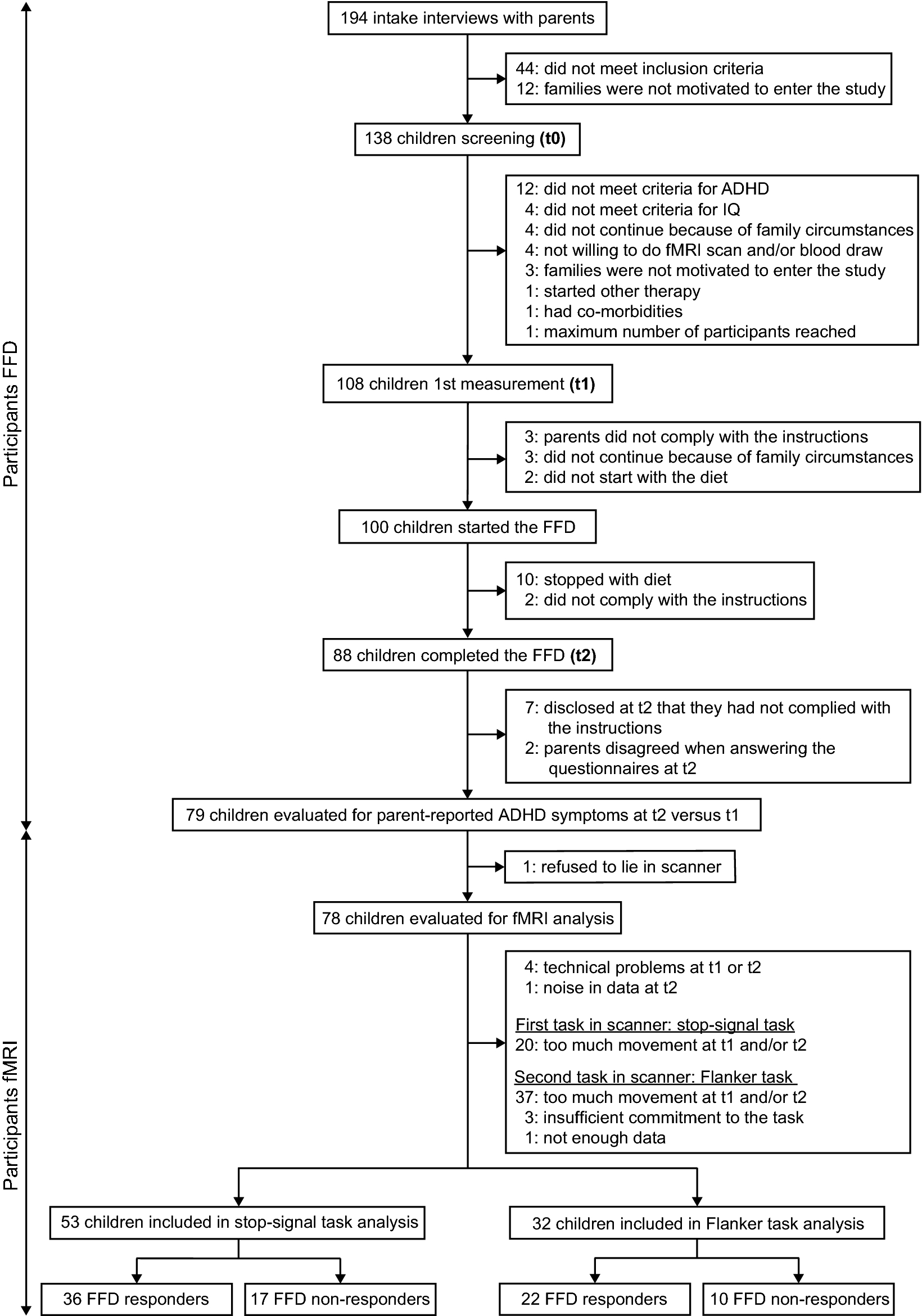
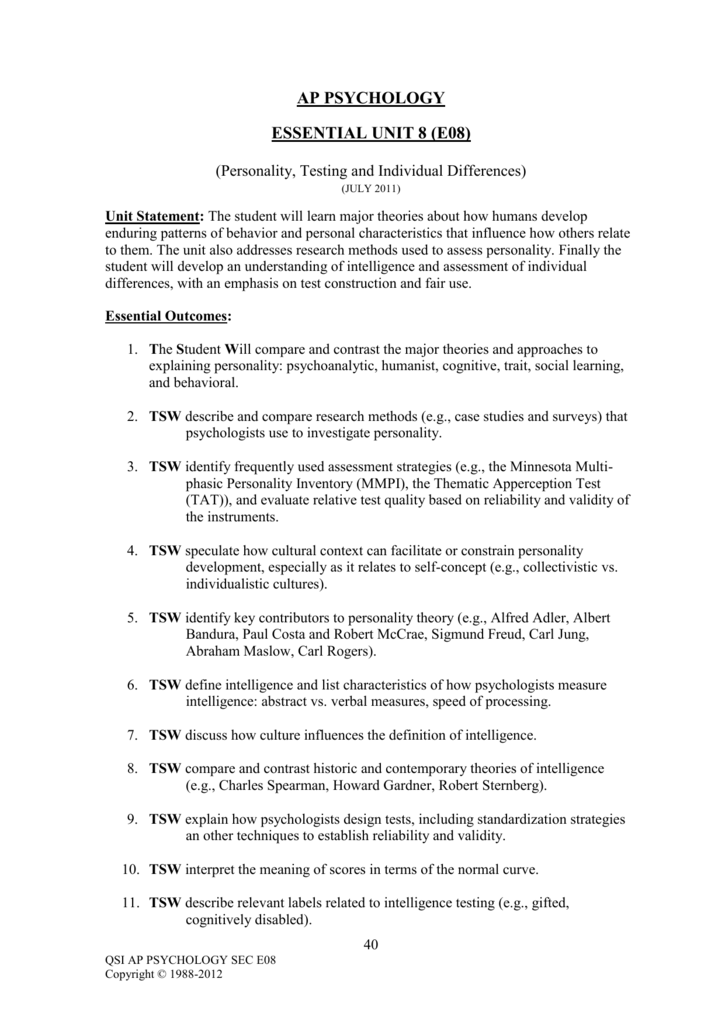
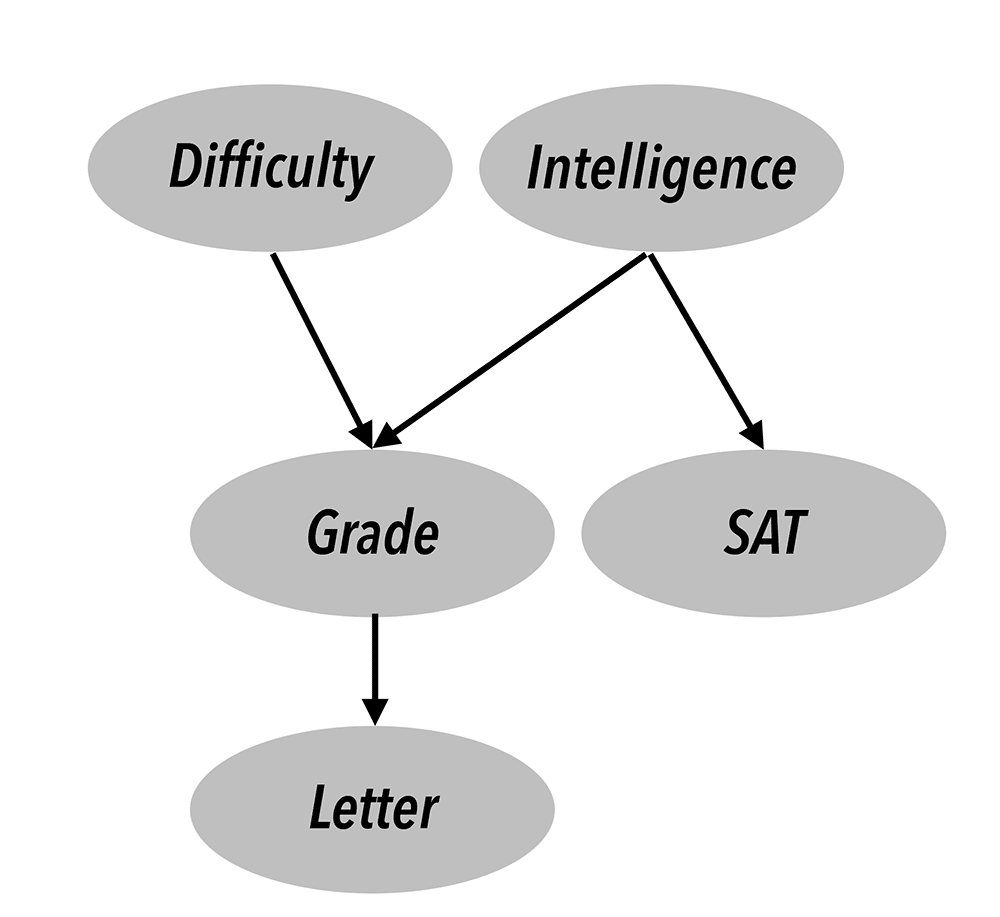

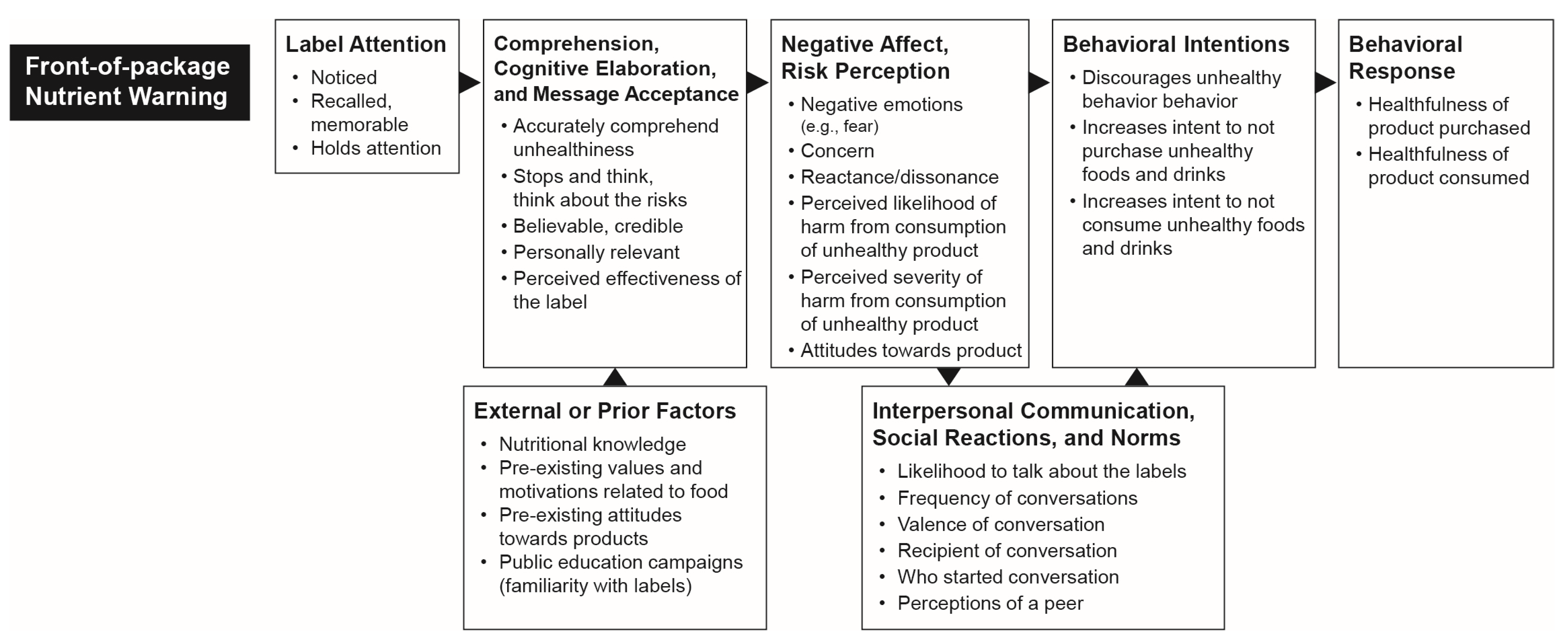



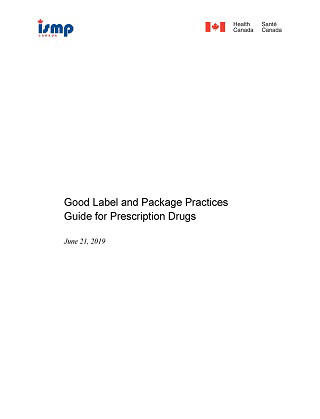


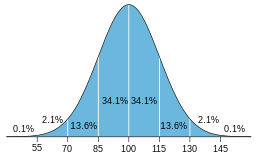

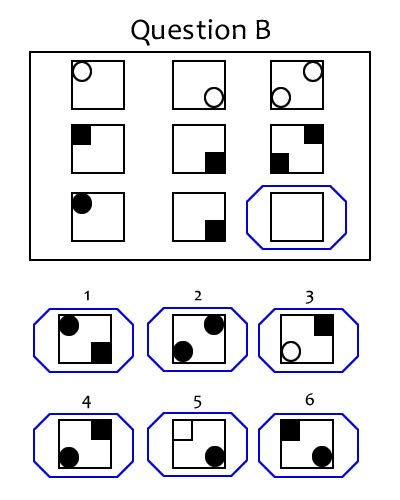
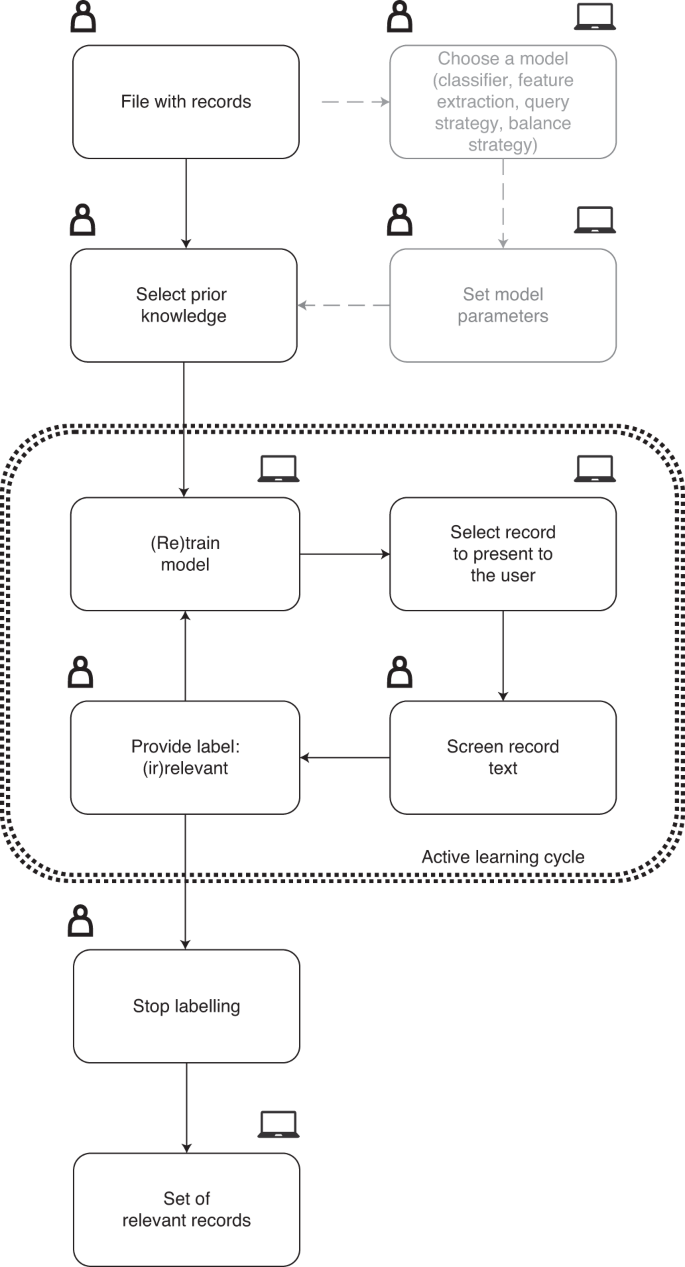

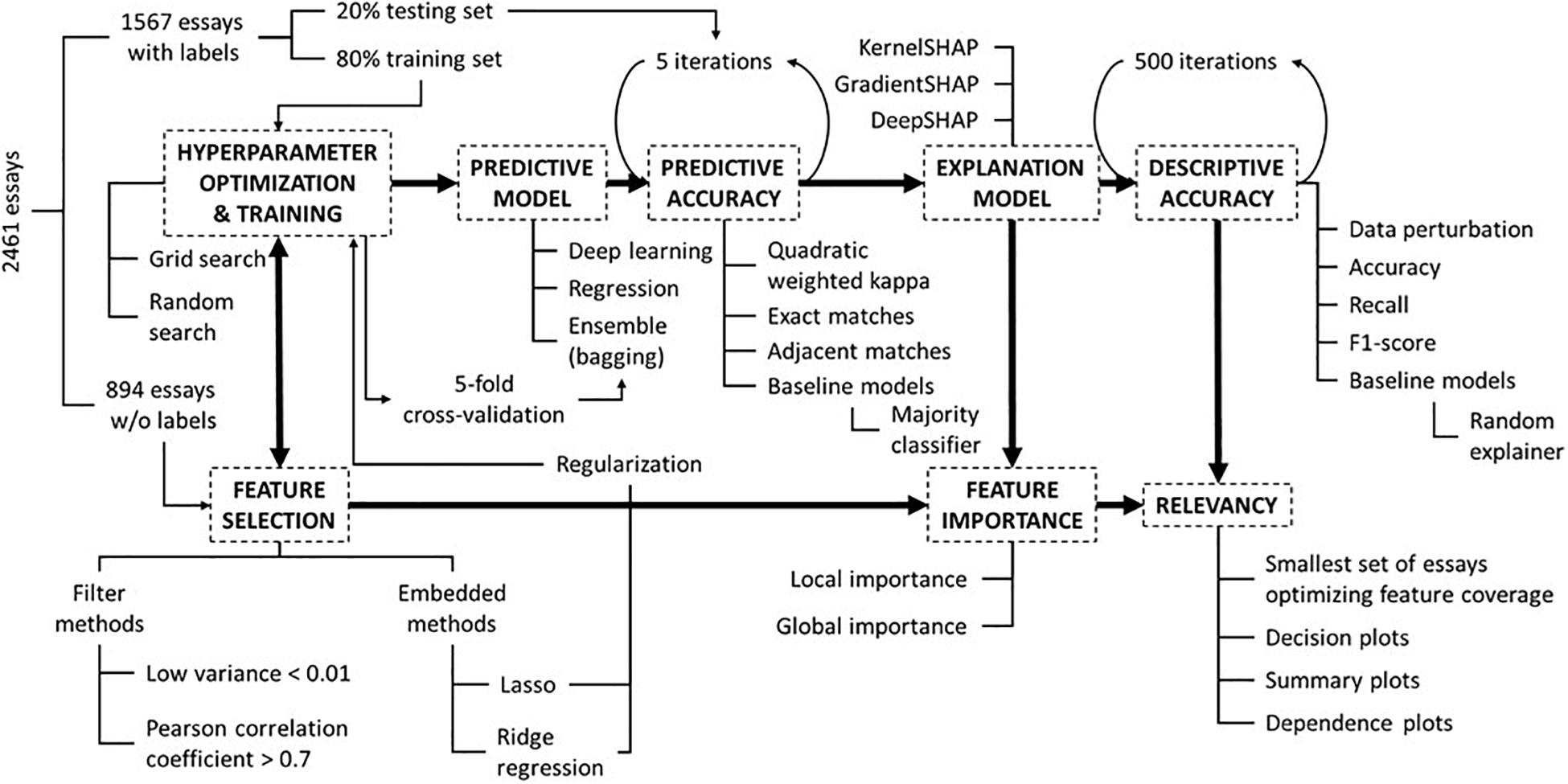




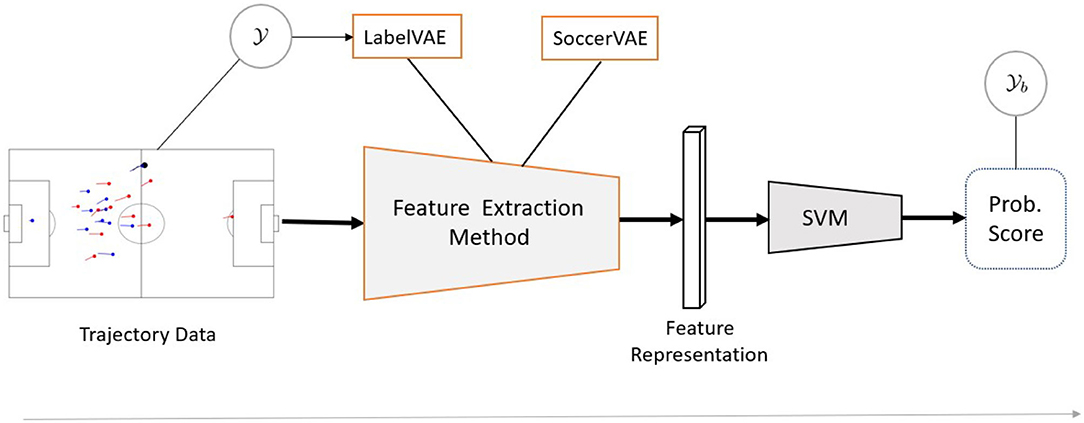



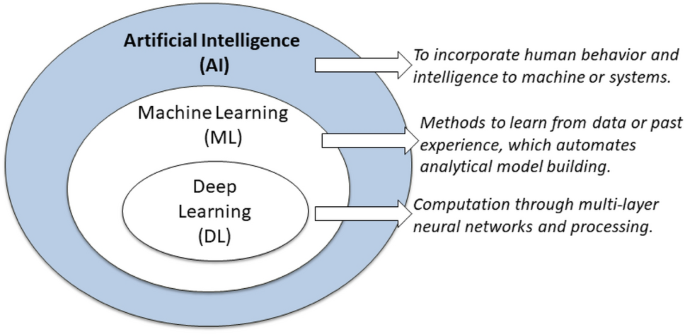



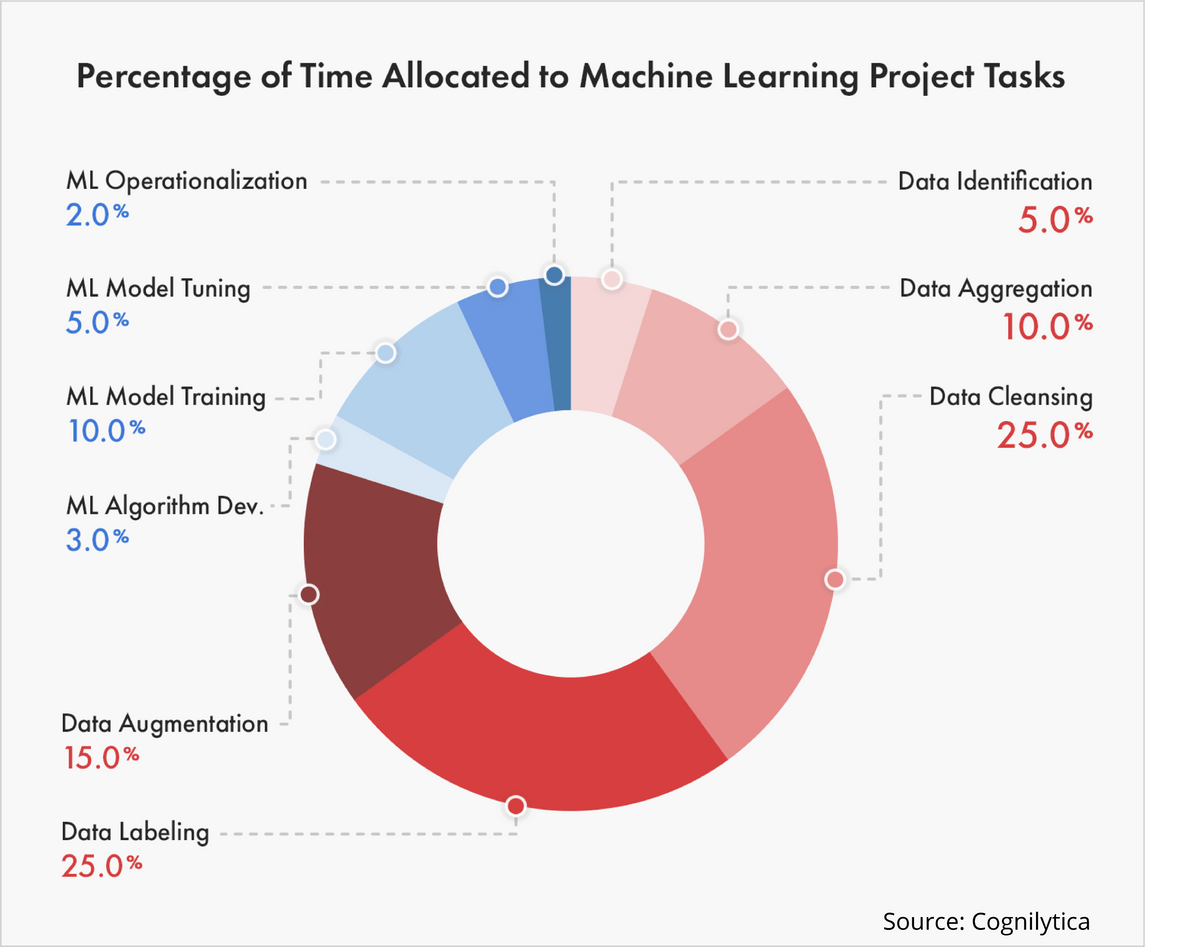

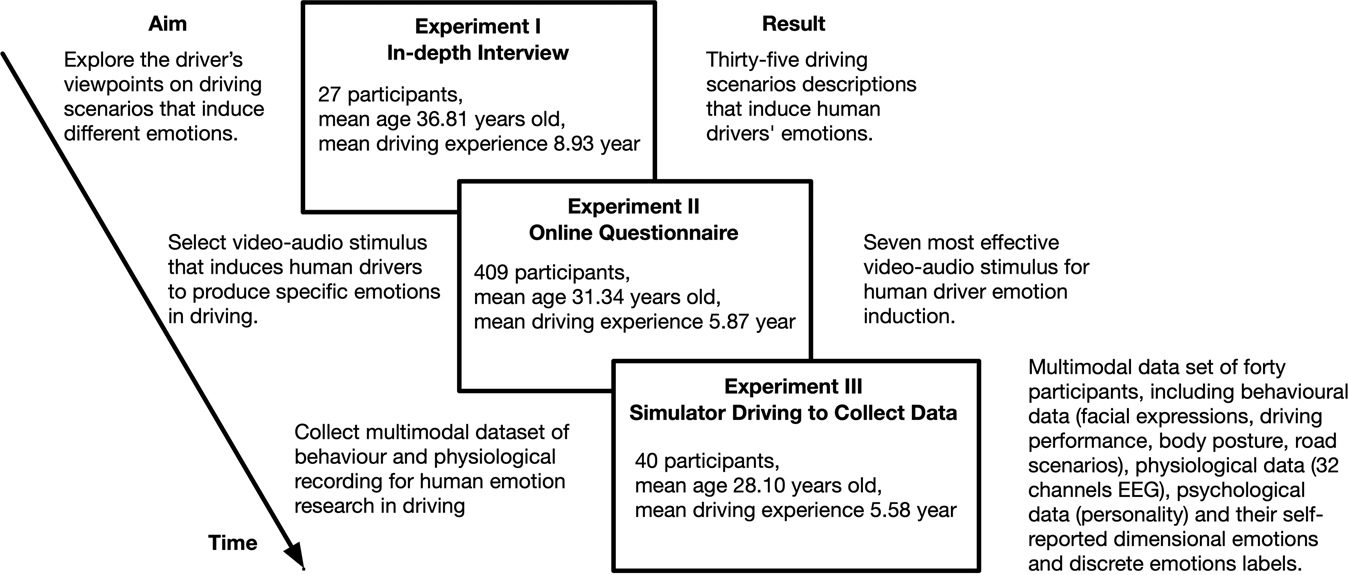
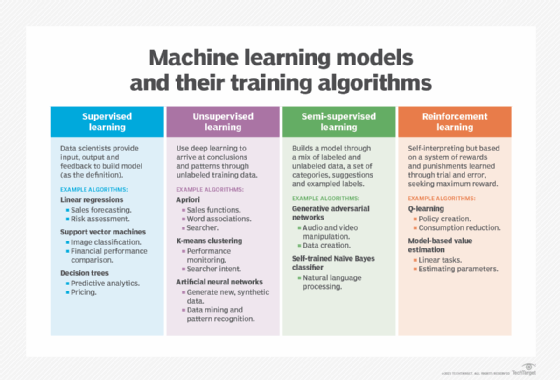
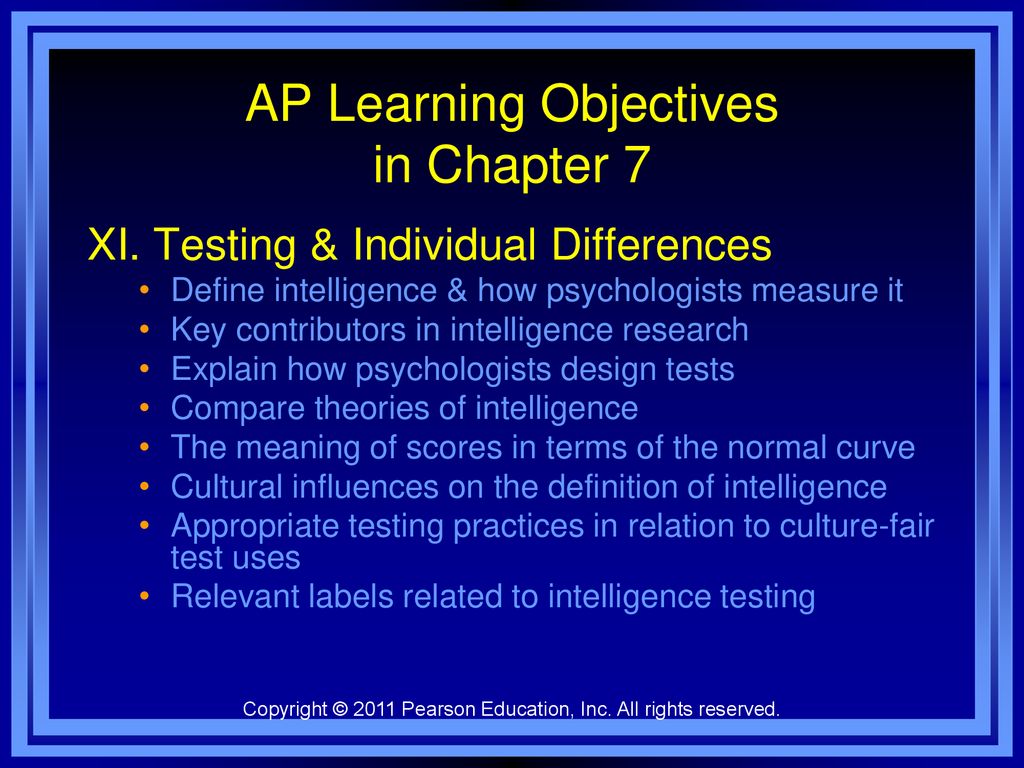

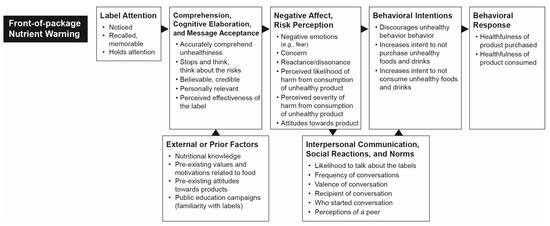
Post a Comment for "43 describe relevant labels related to intelligence testing"